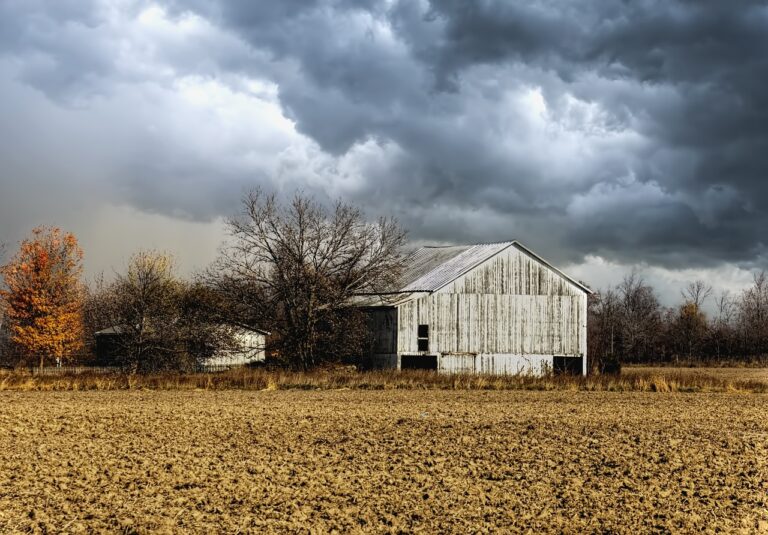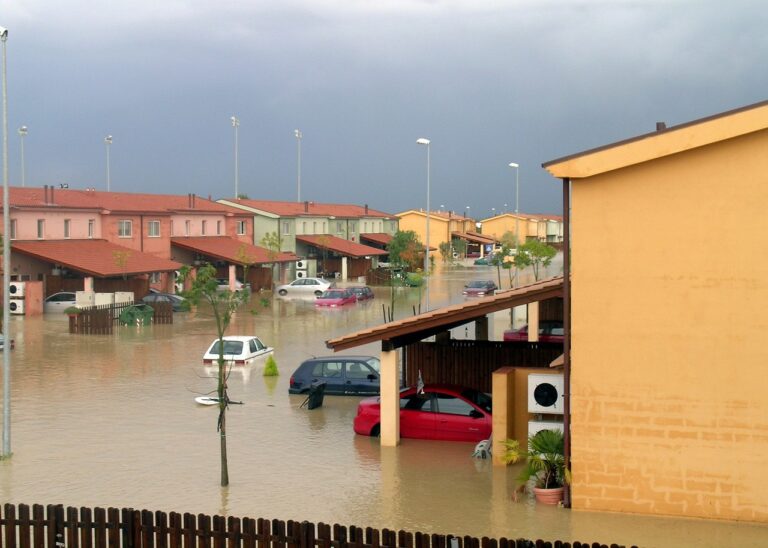The Benefits of Installing a Home Water Softener System
When it comes to dealing with hard water in your home, there are a few methods that can effectively address this issue. One common approach is the use of water softeners, which work by replacing calcium and magnesium ions in the water with sodium ions. This process helps to reduce the hardness of the water, making it gentler on your skin and hair, as well as less damaging to your plumbing fixtures and appliances.
Another way to combat hard water is through the use of descaling agents, which help to break down and remove the mineral deposits that cause hardness. These agents can be added to your regular cleaning routine to help keep your plumbing fixtures and appliances free from the buildup of limescale and other mineral deposits. By incorporating these methods into your household maintenance routine, you can minimize the negative effects of hard water and ensure that your home’s water supply remains clean and efficient.
Improved Lathering of Soaps and Shampoos
Hard water can have a significant impact on the effectiveness of common household products like soaps and shampoos. When soap is used in hard water, it can combine with the minerals present, forming a scum that hinders lathering. This can result in a reduced ability of the soap to cleanse and lather properly, leading to less effective cleaning and potentially leaving a residue on the skin and hair.
By removing the minerals in hard water through various water softening methods, the lathering ability of soaps and shampoos can be improved. Softened water allows these products to lather more easily and effectively, ensuring better cleansing and a more enjoyable bathing experience. With improved lathering, you can maximize the benefits of your soaps and shampoos, leading to cleaner skin and hair without any leftover residue from hard water minerals.
• One of the most common water softening methods is through ion exchange, where calcium and magnesium ions in hard water are replaced with sodium ions.
• Another method is using a reverse osmosis system to filter out minerals from the water, resulting in softer water that enhances lathering.
• Adding chelating agents to soaps and shampoos can also help prevent mineral buildup and improve lathering performance in hard water.
• Using distilled or filtered water for washing hair and body can also be an effective way to avoid the negative effects of hard water on soap lathering.
• Regularly cleaning showerheads and faucets can help prevent mineral buildup, ensuring optimal lathering performance of soaps and shampoos.
Increased Lifespan of Plumbing Fixtures and Appliances
While hard water can have detrimental effects on plumbing fixtures and appliances, investing in a water softening system can significantly increase their lifespan. Over time, the buildup of minerals from hard water can corrode pipes, damage faucets, and reduce the efficiency of appliances like dishwashers and washing machines. By eliminating these minerals through water softening, you can protect your plumbing fixtures and appliances from unnecessary wear and tear.
Moreover, the reduced mineral content in soft water allows soaps and detergents to lather more effectively. This improved lathering not only enhances the cleaning power of your household products but also prevents soap scum buildup on fixtures and appliances. As a result, your plumbing fixtures and appliances will function more efficiently and require less maintenance, ultimately extending their lifespan and saving you money in the long run.
How can hard water affect the lifespan of plumbing fixtures and appliances?
Hard water can cause mineral buildup in pipes, faucets, and appliances, leading to clogs and reduced efficiency over time.
What is the best way to remove hard water deposits from plumbing fixtures?
One effective method is using a mixture of vinegar and water to dissolve and clean away the mineral deposits.
How does improved lathering of soaps and shampoos contribute to the lifespan of plumbing fixtures?
When soaps and shampoos lather better in soft water, less product is required, resulting in less residue buildup in fixtures and appliances.
Can using a water softener help increase the lifespan of plumbing fixtures and appliances?
Yes, a water softener can help by reducing the amount of minerals in the water, which in turn reduces the likelihood of buildup in fixtures and appliances.
What are some signs that hard water may be affecting my plumbing fixtures and appliances?
Some signs include decreased water pressure, soap scum buildup, and a decrease in the efficiency of appliances like water heaters and dishwashers.







